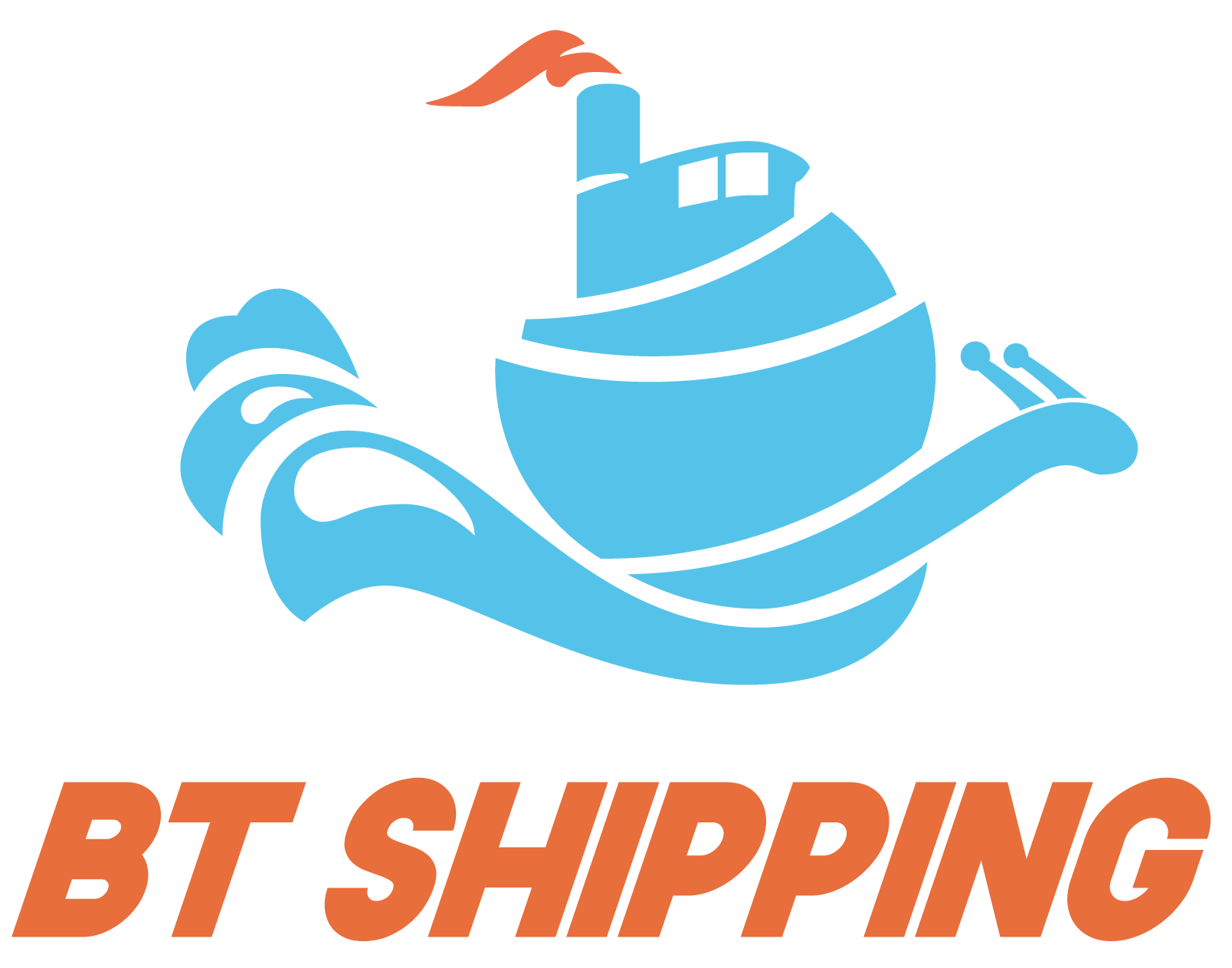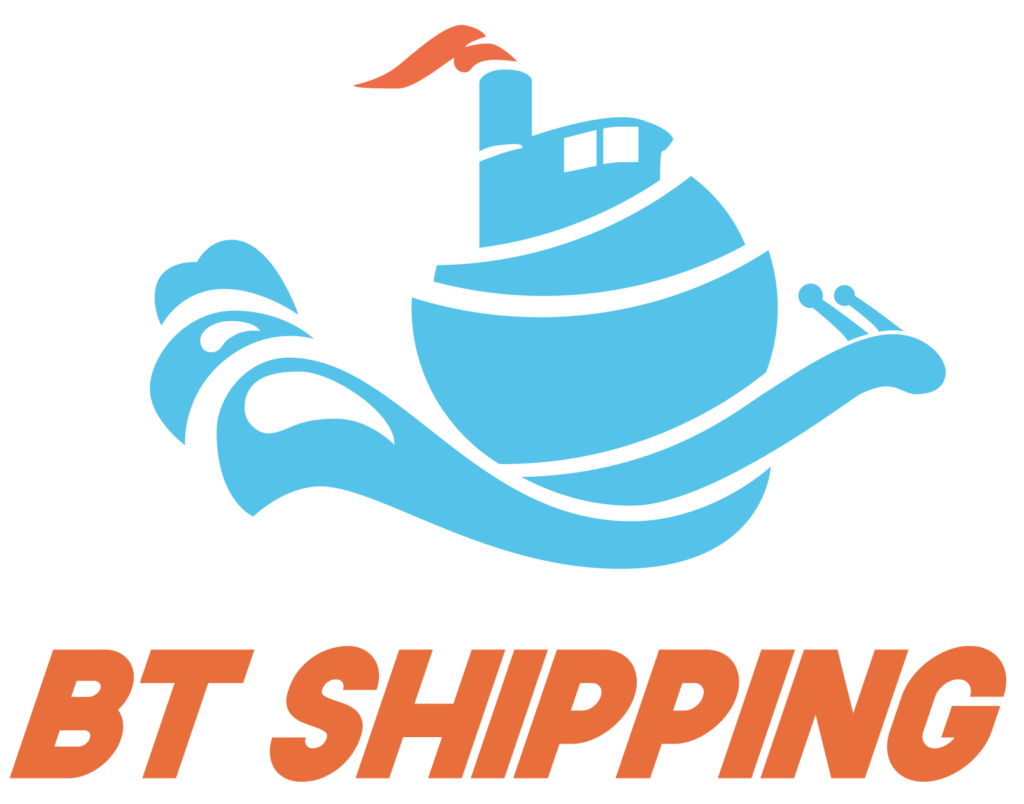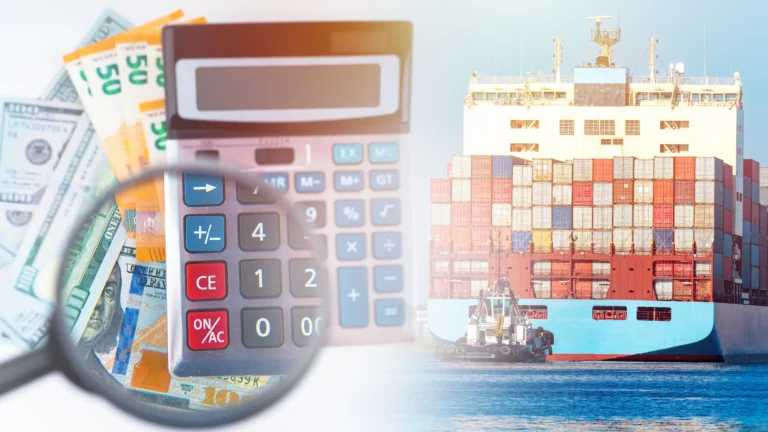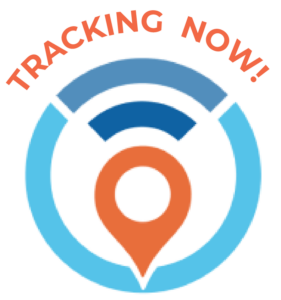China to Malaysia
- Home
- China to Malaysia
Specialize in Reliable Door-to-Door Delivery
Elevate Your Trade:
Premier Logistics Solutions for Malaysia
China and Malaysia enjoy a dynamic trade partnership, marked by a steady exchange of diverse goods. BTS specializes in providing top-tier logistics services, ensuring efficient handling of all cargo types. With over 15 years of experience in the Southeast Asian market and the trust of 750 businesses, BTS is your go-to partner for seamless shipping from China to Malaysia.
![shutterstock_2477372473 [转换]-01](https://www.btshipping.com/wp-content/uploads/2024/08/shutterstock_2477372473-转换-01-scaled.jpg)


Comprehensive Transport Solutions for Malaysian Markets
Enjoy the most efficient transport with the least amount of money, ensuring your shipments to Malaysia are handled with the utmost care and speed.
Sea Freight
Experience competitive sea freight solutions with FCL and LCL services from China to Malaysia. Our extensive Southeast Asian market experience ensures efficient and cost-effective shipping.
Air Freight
Opt for quick, reliable air freight for time-sensitive shipments to Malaysia. With delivery times of 1-2 days, our strategic partnerships with major airlines guarantee rapid and meticulous handling.
Express Service
Choose our express services for your urgent shipments to Malaysia. Deliveries typically occur within 24-48 hours, focusing on speed and reliability with solutions crafted for tight deadlines.
Door to Door Delivery
Enjoy a seamless door-to-door delivery experience from China to Malaysia. From initial pickup to final delivery, we handle every step, providing convenience and peace of mind throughout the entire process.
Customs Clearance
Rely on our expertise for prompt customs clearance for shipments to and from Malaysia. We ensure compliance within 1-2 days, minimizing delays and ensuring quick processing.
Detailed Service Timelines, Characteristics and Advantages
BTS delivers shipments 20% faster than typical industry standards, reducing China to Malaysia shipping time, and providing prompt and efficient service.
Shipping Types | Estimated Transit Times | Key Characteristics | Why Choose |
Sea Freight | 5-7 days | Best for cost savings on large and small shipments. | Economical and secure for bulk goods. |
Air Freight | 1-2 days | Ideal for fast, urgent deliveries. | Quickest option with minimal transit time. |
Door-to-Door Service | Sea Freight: 12-14 days (Kuala Lumpur) Air Freight: 4-5 days | Complete service from pick-up to delivery. | Simplifies logistics, with all handling and paperwork managed for you. |
Why BTS: Speed in Delivery, Trust in Service
BTS ensures smooth shipping with extensive experience, advanced logistics technology, and a dedicated customer support team, making your logistics operations hassle-free as a dependable freight forwarder company.
Enjoy Streamlined and Seamless Shipping with BTS
1
Select Shipping Method
Choose the best freight option for your shipment.
2
Customs Documentation and Clearance
BTS manages all customs documentation and clearance.
3
Track Shipment
Monitor your cargo in real-time via our advanced systems.
4
Receive Goods
Timely delivery to your specified destination.
1、 What are the main ports in China used for shipping to Malaysia?
Major Chinese ports for shipping to Malaysia include:
-
Shanghai Port: The busiest port in China with extensive international connections.
-
Shenzhen Port: Key for trade in southern China with multiple terminals.
-
Guangzhou Port: Significant for trade with Southeast Asia.
-
Ningbo-Zhoushan Port: Major hub near Shanghai.
-
Qingdao Port: Important for northern coastal trade.
-
Dalian Port: Key port in northeastern China, facilitating trade with various regions.
-
Tianjin Port: One of the primary maritime gateways to northern China.
-
Xiamen Port: Strategically located for trade with Southeast Asian countries, including Malaysia.
These ports are well-equipped to handle a variety of cargo types and offer frequent shipping services to Malaysia.
2、What are the main ports in Malaysia for receiving shipments from China?
Major ports in Malaysia receiving shipments from China include:
-
Port Klang: The largest and busiest port in Malaysia, serving as the main gateway for international trade.
-
Penang Port: Key port in the northern region, handling a variety of cargoes.
-
Port of Tanjung Pelepas (PTP): Major transshipment hub located in Johor, near Singapore.
-
Kuantan Port: Important for trade on the eastern coast of Malaysia.
-
Bintulu Port: Significant for trade in East Malaysia, particularly for the oil and gas industry.
These ports are strategically located to facilitate efficient distribution of imported goods across Malaysia.
3、 What are the main goods exported from China to Malaysia?
China exports a diverse range of goods to Malaysia, reflecting the robust trade relations between the two countries. Major export categories include:
-
Electronics and Electrical Equipment: Mobile phones, computers, semiconductors, and household appliances.
-
Machinery: Industrial machinery, engines, and agricultural machinery.
-
Textiles and Apparel: Fabrics, clothing, accessories, and footwear.
-
Medical Equipment: Diagnostic devices, surgical instruments, and healthcare products.
-
Chemicals: Organic chemicals, pharmaceuticals, and industrial chemicals.
-
Automobile Parts: Engines, tires, and various vehicle components.
-
Consumer Goods: Toys, furniture, kitchen appliances, and household items.
These goods support various sectors in Malaysia, from manufacturing and construction to retail and healthcare.
4、What factors influence the cost of shipping from China to Malaysia?
The cost of shipping from China to Malaysia is influenced by several factors:
-
Type of Transport: Sea freight (FCL/LCL), air freight, express services, and multi-modal transport.
-
Weight and Volume: Heavier and bulkier shipments generally cost more.
-
Destination: Proximity to major ports like Port Klang vs. inland locations.
-
Shipping Speed: Expedited services cost more than standard services.
-
Customs Duties and Taxes: Tariffs and additional fees.
-
Insurance: Optional costs to protect goods during transit.
5、What documents are required for customs clearance in Malaysia?
For smooth customs clearance in Malaysia, the following documents are typically required:
-
Bill of Lading: Details about the shipment.
-
Commercial Invoice: Lists the goods and their value.
-
Packing List: Detailed list of items being shipped.
-
Certificate of Origin: Proves the origin of the goods.
-
Import License: Required for certain restricted items.
-
Insurance Certificate: If applicable.
-
Customs Declaration Form: Completed by the importer.
6、Are there any goods prohibited from being imported into Malaysia?
Yes, Malaysia has specific regulations that prohibit or restrict the import of certain goods to maintain public safety, health, and security. Prohibited items include:
-
Drugs and Narcotics:
-
Strictly prohibited with severe penalties for violations.
-
-
Certain Chemicals and Explosives:
-
Includes hazardous chemicals and explosive materials without proper authorization.
-
-
Pornographic Materials:
-
All forms of pornography are forbidden.
-
-
Counterfeit Currency:
-
Any fake or replicated currency and counterfeit goods.
-
-
Certain Hazardous Wastes:
-
Imports of hazardous waste materials are tightly controlled or banned.
-
-
Weapons and Firearms:
-
Restricted weapons and firearms require prior permits from authorities.
-
-
Articles of Tortoise Shell, Ivory, Horns, Antlers, Coral, and Endangered Species:
-
These are protected under international wildlife conservation laws.
-
-
Products Containing Jellidium, Rhodophyta (Red Seaweed):
-
Restrictions apply to specific marine bioproducts.
-
Importers should consult the Royal Malaysian Customs Department and other concerned agencies for the latest regulations and a comprehensive list of prohibited items.
7、Can door-to-door service cover both commercial and personal shipments?
Yes, door-to-door services can be used for both commercial and personal shipments. We cater to businesses and individuals, ensuring safe and reliable delivery of goods.
8、How do I choose between sea freight and air freight?
If your goods are less than 200 kg, not very heavy, or urgently needed, air freight is the best option. For larger, heavier, or less time-sensitive shipments, sea freight is more cost-effective.
9、What trade agreements exist between China and Malaysia?
China and Malaysia benefit from multiple trade agreements designed to facilitate and enhance trade relations:
-
ASEAN-China Free Trade Area (ACFTA):
-
This agreement between ASEAN countries and China reduces tariffs and promotes trade. Malaysia, as an ASEAN member, enjoys lower tariffs on a wide range of products under ACFTA.
-
-
Bilateral Trade Agreements:
-
Various bilateral trade agreements exist between China and Malaysia, promoting investment and reducing trade barriers.
-
-
Regional Comprehensive Economic Partnership (RCEP):
-
Recently signed, this is one of the largest trade agreements globally, involving ASEAN, China, and other major economies. RCEP aims to reduce tariffs, streamline trade regulations, and enhance economic integration.
-
These trade agreements help lower costs, simplify customs procedures, and foster greater economic cooperation between China and Malaysia.
10、How long does customs clearance take in Malaysia?
Customs clearance in Malaysia typically takes 1-2 days if all documentation is complete and correct. However, several factors can influence this timeframe, including:
-
Volume of Shipments:
-
During peak periods, such as major holidays, clearance times may be longer due to the high volume of shipments.
-
-
Accuracy of Documentation:
-
Discrepancies or missing documents can delay the process.
-
-
Type of Goods:
-
Some items may require additional inspections or approvals from other agencies, adding time to the clearance process.
-
-
Customs Inspections:
-
Random or targeted inspections can increase the time needed for clearance.
-
Importers are encouraged to ensure all documentation is accurate and complete to avoid unnecessary delays.
11、What are the import duties and taxes for goods entering Malaysia?
Import duties and taxes for goods entering Malaysia vary based on the type of goods, their value, and specific trade agreements. Key components include:
-
Import Duties:
-
These range from 0% to 50% depending on the product classification. Some essential items may have reduced or zero tariffs under trade agreements like ACFTA and RCEP.
-
-
Sales Tax:
-
Malaysia imposes a sales tax on imported goods, generally ranging from 5% to 10%.
-
-
Excise Duties:
-
Specific goods, such as alcohol, tobacco, and vehicles, may attract excise duties in addition to import duties and sales tax.
-
-
Value Added Services:
-
Fees for any additional services provided by customs or inspection agencies.
-
-
Customs Service Fees:
-
Standard fees charged for the processing and handling of goods.
-
It is advisable to consult the Royal Malaysian Customs Department for the most up-to-date information on import duties and taxes and to determine the exact rates and exemptions applicable to specific products.
12、How do you ensure the safety of my cargo during transit?
We ensure the safety of your cargo through:
-
High-quality packaging materials.
-
Experienced handlers.
-
Real-time tracking and monitoring systems.
-
Offering insurance options for added protection.



-768x512.webp)


